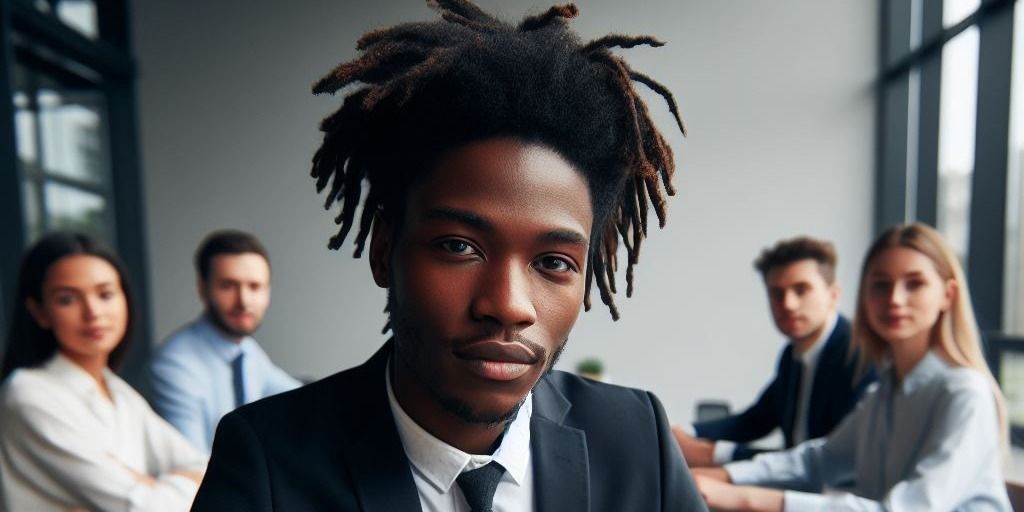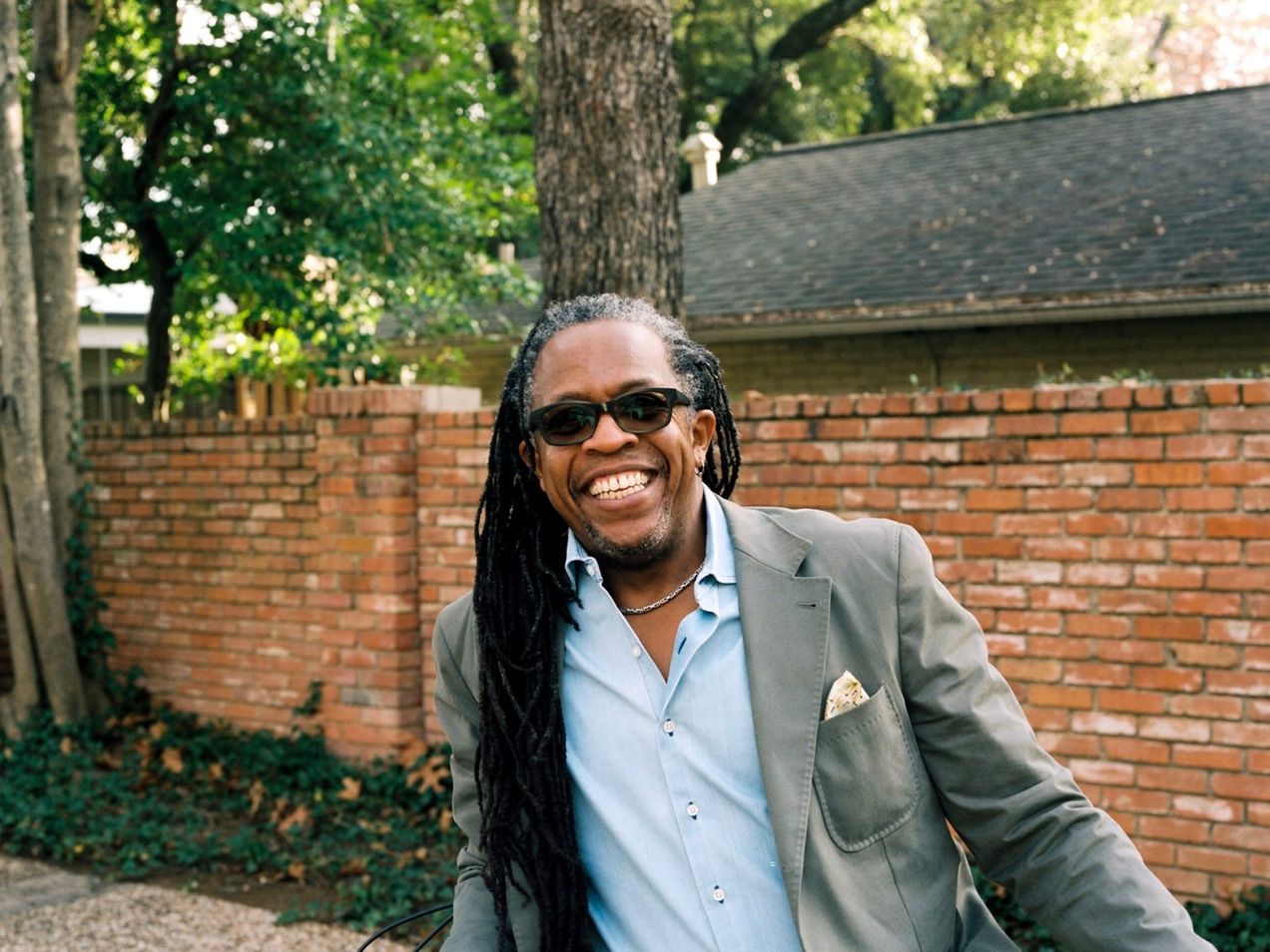
"Dreadlocks Journey: Black Identity and Challenging Beauty Norms"
"Choosing freestyle dreadlocks led me through an "ugly" yet thrilling phase. Though I felt pride, it distanced me from loved ones. Can society's image of a professional Black man embrace "kinky, nappy" hair? Dive in to discover my journey."
Since I decided to grow my dreadlocks freestyle, my hair went through the "ugly" stage of being wildly cool and exciting. I was incredibly proud of myself, and my newly forming locs for stepping outside my comfort zone to do something dear to my soul. However, this decision caused a rift between me and essential people - family and friends seemed to drift away. Society's usual picture of what a professional Black man should look like doesn't usually include dreadlocks, or as some put it, "kinky, nappy" hair.
Despite overcoming numerous challenges to pay for my college education on my own, earning a Bachelor's Degree in Computer Science, dressing professionally, and landed highly skilled respected jobs, one question puzzled me: "Why were my dreadlocks such a big deal?" I never forced my lifestyle or appearance on anyone, and I expected support and admiration from those closest to me. Yet, it seemed that society was fixated solely on my hair.
Faced with ongoing judgment, I began to spend more time alone. Despite the pressure, I was determined not to cut my dreadlocks. At first, this solitude felt like a setback, but I soon saw it as an opportunity. The time alone allowed me to immerate myself in books about culture and focus on my own personal growth. I read pivotal works like "The Autobiography of Malcolm X," "Eyes on the Prize," and "The Slave Ship" — books I had never encountered in any school curriculum I attended. As a young adult, these works gave me insights into why my community might have mixed feelings about a hairstyle like dreadlocks.
Based on my understanding and personal experiences, America has a history of treating Black individuals unfairly, establishing a system that frequently puts us at a disadvantage. This historical context has influenced the collective psyche of the Black community, affecting how we see ourselves. At times, this manifests as internalized racism, which can harm our self-esteem and sense of self-worth.
Many Black people go to extreme lengths to fit in in a world that often celebrates Eurocentric beauty standards. They may use skin-lightening products or hair relaxers, all in an attempt to align with what mainstream America sees as 'beautiful.' While skin color is something we can't change, hair becomes an easier target, often altered to gain societal approval.
The media makes these stereotypes worse by constantly showing us just one idea of what 'beauty' should be. Malcolm X talked about this issue years ago, back in the 1950s. He once said that changing his hair to look more like a white man's was his "first really big step toward self-degradation." In other words, he realized he was hurting himself by trying to fit into a white standard of beauty. Malcolm X later understood this as a kind of internalized racism. Sadly, this problem is still with us today.
So, what can we do about it? Just as I did, the first step is take the "kinks" out of our minds and challeng the societal norms of "good" hair. We need to embrace every unique physical aspect of ourselves as beautiful. When we reach this level of self-acceptance, it becomes a pure form of love—a love that heals, empowers, and frees us.
When you genuinely love yourself, including your dreadlocks, something magical happens. More than just a superficial form of love; it's a deep, all-encompassing appreciation for who you are. Your view of the world changes drastically. You begin to accept the world, flaws, and all because you've learned to accept yourself.
In conclusion, my journey with dreadlocks wasn't just about a hairstyle; it was a gateway to understanding complex issues around Black identity, self-worth, and societal expectations. The alone time, books I read, and self-reflection helped me unlearn internalized prejudices and relearn self-love.
The world may still have a long way to go in fully recognizing all forms of Black beauty, but each act of resistance plants a seed for change. Yes, I lost some friends and family during this transformation, but what I gained was immeasurable: a newfound love for myself and, by extension, a more balanced, loving relationship with the world around me.
Boost your impact! Share this post with family, friends, and co-workers using the social media icon below. They'll value your recommendation!


